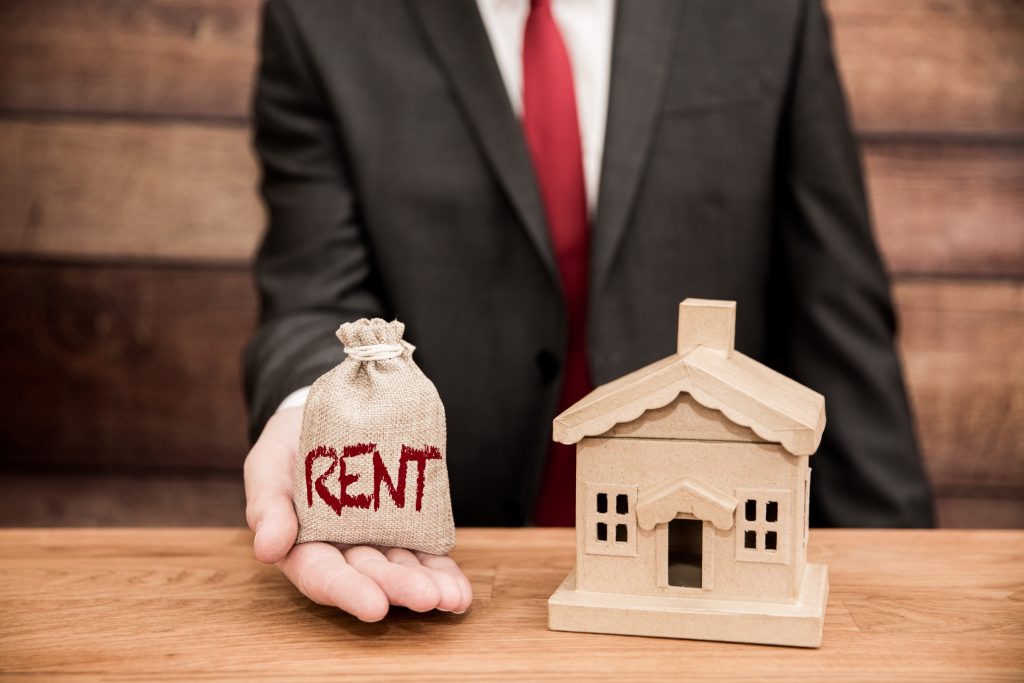Featured Article, Investment, Landlords, Latest, Legislation
I am ending the tenancy, here is my reason

In the second part of our review on the recent Residential Tenancies Amendment Act 2020, we take a look at a vigorously debated issue; giving a reason to terminate a tenancy.
It was probably the most debated aspect of the recent Residential Tenancies Amendments; the removal of the no-cause termination. Previously, under section 51 of the RTA, the landlord could without reason give a tenant 90 days notice to end their tenancy. All that changed on the 11th of February 2021, as the majority of the changes under the amendments came into effect. Now, if the landlord wants to end the tenancy, they have to give the tenant a valid reason, as stated under section 51.
We thought it would be beneficial to outline how a tenancy can be ended to make sure you don’t find yourself in hot water. The scenarios below are all based on periodic tenancies.

I own the property and I want to move a family member into the property. What do I need to do?
It is not as simple as just giving the allocated minimum 63-days notice. Firstly in relation to the RTA, who is a family member? Is it a cousin, an aunty or is it your siblings? Section 2 of the RTA outlines what a member of the landlord’s, or owner’s, family is. In relation to the Act, a family member is related by the following:
- By blood, by marriage, a civil union or a de facto relationshi
- By whanau or another culturally recognised family group
- Any child under care on a continuous basis or by adoption.
As you can see, it is far-reaching, but there are other potential loopholes. Many rental properties may be in the name of a company. The advice we have received from Tenancy Services is that if the property is in a company name, then this section cannot apply as the company is an entity and not a person.
Other things you have to be aware of is that the premises have to be your principal residence for a period of no less than 90 days. This will stop families renting out the bach for 10 months then giving the tenants notice so they can enjoy the Christmas and summer holidays at the bach before renting it out again.
I want to sell the property, what do I need to consider?
We are seeing a fair bit of this at the moment as some landlords have come to the conclusion that the balance of power has shifted too far to the tenant. With property prices surging, cashing in now for many seems to be a good idea.
What do I need to do?
You have two options.
- Sell the property with the tenant in place
- End the tenancy and then put the property on the market
Traditionally, you would typically put the property on the market with tenants still residing in the property. If the house sold with the tenants still in place, you would typically give a minimum of 42 days notice to the tenants when the sale became unconditional.
This is still an option but the notice period has now more than doubled, becoming a minimum of 90-days notice. This could become problematic if the tenant finds alternative accommodation and gives notice. The landlord may find themselves forced into paying a mortgage on their investment property without income for a period of up to two months.
The better option may be to give your tenants 90-days notice to end their tenancy, which you can do if you as long as you put the premises on the market for sale within 90 days after the termination date. The benefit of this is that you have more control, sales agents do not have to negotiate access with tenants and you are not relying on tenants to ensure that the property is looking its best. After all, they are losing their home. You can also use this time to do some work on the property to ensure you get the best price. Be warned, we have been advised that you cannot put the property on the market for sale as well as give your tenants notice. Now, failing to do so can result in exemplary damages of up to $1,800.

The property is tired and needs renovations, can I give my tenants notice?
This depends. You can, and the notice period is again, 90-days however you need to consider the following.
● How hard would it be for my tenants to remain in the property whilst the renovations take place?
● If they can stay, can I increase the rent because I am providing improved facilities?
● Are renovations a valid reason to end a tenancy?
What you need to answer is whether it will be practicable for your tenant to remain whilst work is being undertaken. New carpets for example may mean moving furniture around, but it isn’t unreasonable to remain.
If a tenant is going to be without hot water or cooking facilities for a considerable period of time, then it would be unreasonable to expect them to remain.
Having improved the facilities, can you automatically increase the rent?
Again, it depends on the extent of the improvements and how beneficial they could be to the tenant. Section 28 of the RTA allows a landlord to increase the rent, with the consent of the tenant if the renovations have made substantial improvements to the premises. An example of this could be installing double glazed windows and replacing the carpets. This does not affect the landlord’s ability to review the rent every twelve months.
I want to demolish my rental and redevelop the land. What do I have to do?
Again, this is a minimum of 90-days notice, but the landlord has to take what is called ‘material steps to proceed with the demolition’. A material step is defined in the Act as ‘applying for regulatory consent, seeking engineering or other professional advice, or taking any other significant step’.

How do I work around these if I want to get a tenant out earlier?
Don’t even try. I am sure that there are unscrupulous landlords out there who will try and work around the Act to remove a tenant that they find to be problematic. Trying to do this could get you in serious trouble. The new section 60AA outlines that a landlord who gives notice without valid grounds is committing an unlawful act.
Not all business is good business and at Tommy’s Property Management, we validate our clients before we take them on. If you want a company that understands its legal responsibilities and rights, look no further.
Regards,

David Faulkner
General Manager
Tommy’s Property Managemen
Explore more posts like this one
View more
November 14, 2025
Wellington Rental Market Update | November 2025

November 11, 2025
Pet Friendly Rental Rules Are on the Way!

October 14, 2025
Wellington Rental Market Comment | October 2025
